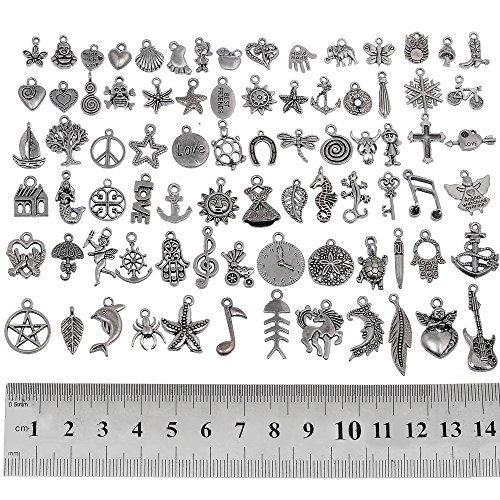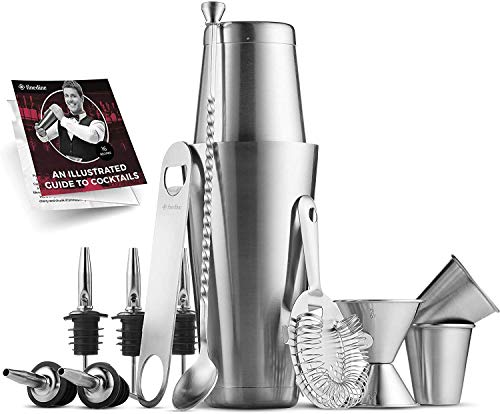Anna Nelson
Junior
I have officially corked my first 25 Bottles of wine. Fruit wines in small batches…irrelevant, except that they won’t age so long that they need the really expensive corks. I know it’s been 25 bottles because the package of corks I bought had 25 corks in it. That package didn’t say anywhere what size they were. I went to the liquor store where they sell some brewing and winemaking supplies and where I buy my supplies and they had NO corks. Supplier problems. I went online…size 8? Size 9? They seem to sell those interchangeably. I have a wonderful floor corker and “regular” wine bottles. How do I choose?





![[2 PACK]Wine Bottle Stoppers,Real Vacuum Wine Stoppers,Reusable Wine Preserver,Wine Corks Keep Fresh,Best Gifts for Wine Lovers for christmas gifts.](https://m.media-amazon.com/images/I/419RYqDT+eL._SL500_.jpg)








